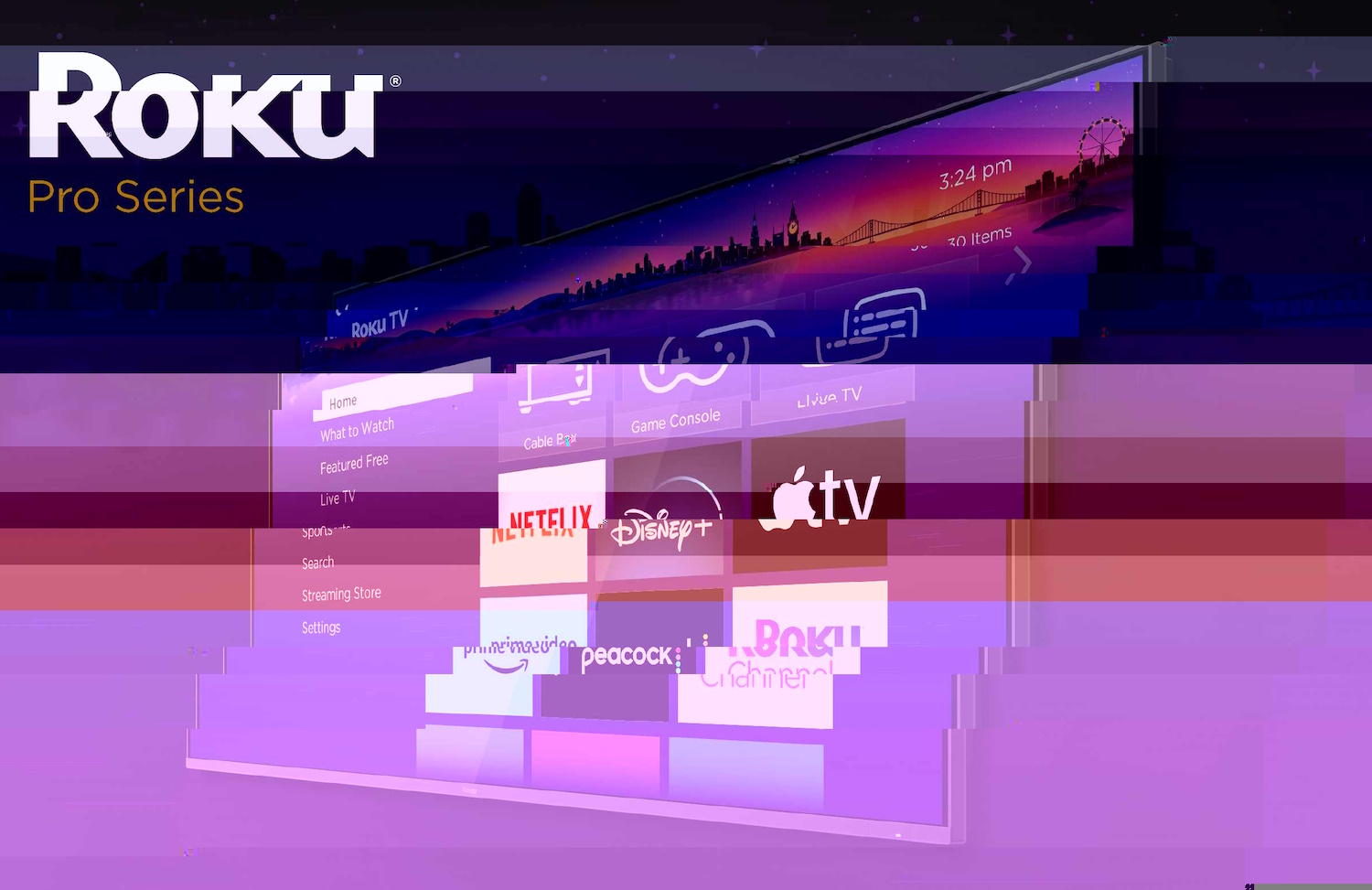Roku Users Forced to Consent to New Dispute Resolution Terms to Access Devices
Roku users across the country were met with an unexpected surprise this week when they turned on their TVs only to find that they were required to consent to new dispute resolution terms in order to access their devices. The devices were rendered unusable until the users agreed to the new terms.
The company sent out an email the day before, notifying users of the changes to their Dispute Resolution Terms, which included a forced arbitration agreement preventing users from suing or participating in lawsuits against Roku. This tactic is commonly used by tech companies to limit liability and restrict users’ legal recourse.
Upon closer inspection of the terms, users discovered a new “Informal Dispute Resolution” section, which required any legal complaints to be taken to Roku lawyers first for a “Meet-and-Confer” call and a “fair, fact-based offer of resolution.” This additional step further distances users from pursuing legal action against the company.
Many users attempted to opt out of the new terms, only to find that there was no easy electronic option available. Instead, they were required to mail a written notice to Roku’s lawyers within 30 days of the new terms coming into effect.
The company’s decision to disable devices until users agreed to the new terms sparked outrage among users, who took to online forums to voice their complaints. Despite Roku’s assertion that arbitration terms were already in place, the addition of the informal dispute resolution terms caught many users off guard.
Roku declined to provide a statement on the matter, leaving users frustrated and feeling coerced into accepting consumer-hostile dispute resolution terms. As users scramble to opt out within the 30-day window, the company’s handling of the situation has raised concerns about transparency and user rights in the tech industry.


